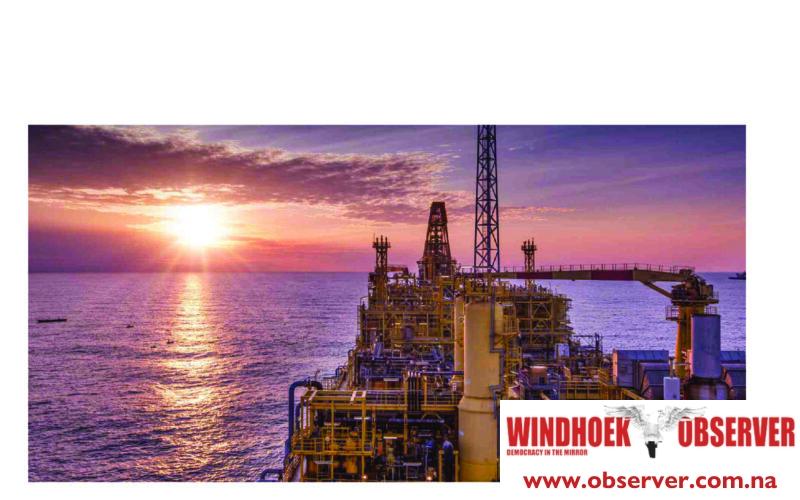Chamwe Kaira
FNB Namibia is positioning itself as an early financial partner to the country’s emerging oil and gas sector.
The industry is expected to reshape Namibia’s growth outlook and create significant financing opportunities over the next decade.
For FNB, this is a strategic move to expand revenues and diversify beyond its traditional retail and corporate lending model.
“The ability to provide project financing, working capital, and bespoke solutions across the value chain could materially expand revenues,” said Max Rix, an analyst at Simonis Storm Securities.
Rix said supply chain financing and cash-management solutions are likely to become critical for the sector’s development, giving FNB a major growth opportunity.
“Management has already highlighted these as areas where the bank is well prepared, leveraging its capital strength to support both upstream and downstream activity. While we acknowledge that execution risks remain high, given the sector’s complexity and cyclicality, the potential scale of revenues makes this one of the most transformative opportunities for the franchise,” he said.
Simonis expects FNB to remain Namibia’s most profitable bank over the next two years, supported by a stabilising credit cycle and disciplined capital allocation.
Private sector credit extension grew 5.7% year on year in July 2025, the strongest pace in over five years. Growth is forecast to remain in the 5 to 6% range through the 2026 to 2027 financial years.
“In our view, much of the cyclical rebound in household and corporate borrowing is already behind us, so we anticipate incremental lending momentum to remain steady rather than accelerate. This implies that net interest income will be broadly stable, with softer asset yields offset by lower funding costs as the repo rate eases modestly to 6.50% by end-2025. We see the more meaningful upside coming from sector-specific financing, particularly in oil and gas supply chain activity, where FNB’s balance sheet strength and cash-management expertise position it as a natural leader,” Rix said.
Non-interest revenue is expected to remain the bank’s main buffer.
FNB projects mid-single-digit growth in transactional fees and commissions through the 2026 financial year, with fair value gains and insurance-related revenues adding diversification.
On asset quality, Simonis expects non-performing loans to remain stable near 5%. Impairments are forecast to stay high in 2026 as households continue to deleverage, before easing in 2027 as lower interest rates improve repayment capacity.
“Overall, we view FNB as uniquely positioned to deliver both resilience and growth. Our forecasts suggest that stabilising system-wide credit expansion, combined with transformational exposure to Namibia’s emerging oil and gas sector, creates a pathway for sustained high returns and long-term value creation for shareholders,” said Rix.
Caption
The oil and gas sector has the potential to reshape Namibia’s growth.
- Photo: Contributed




